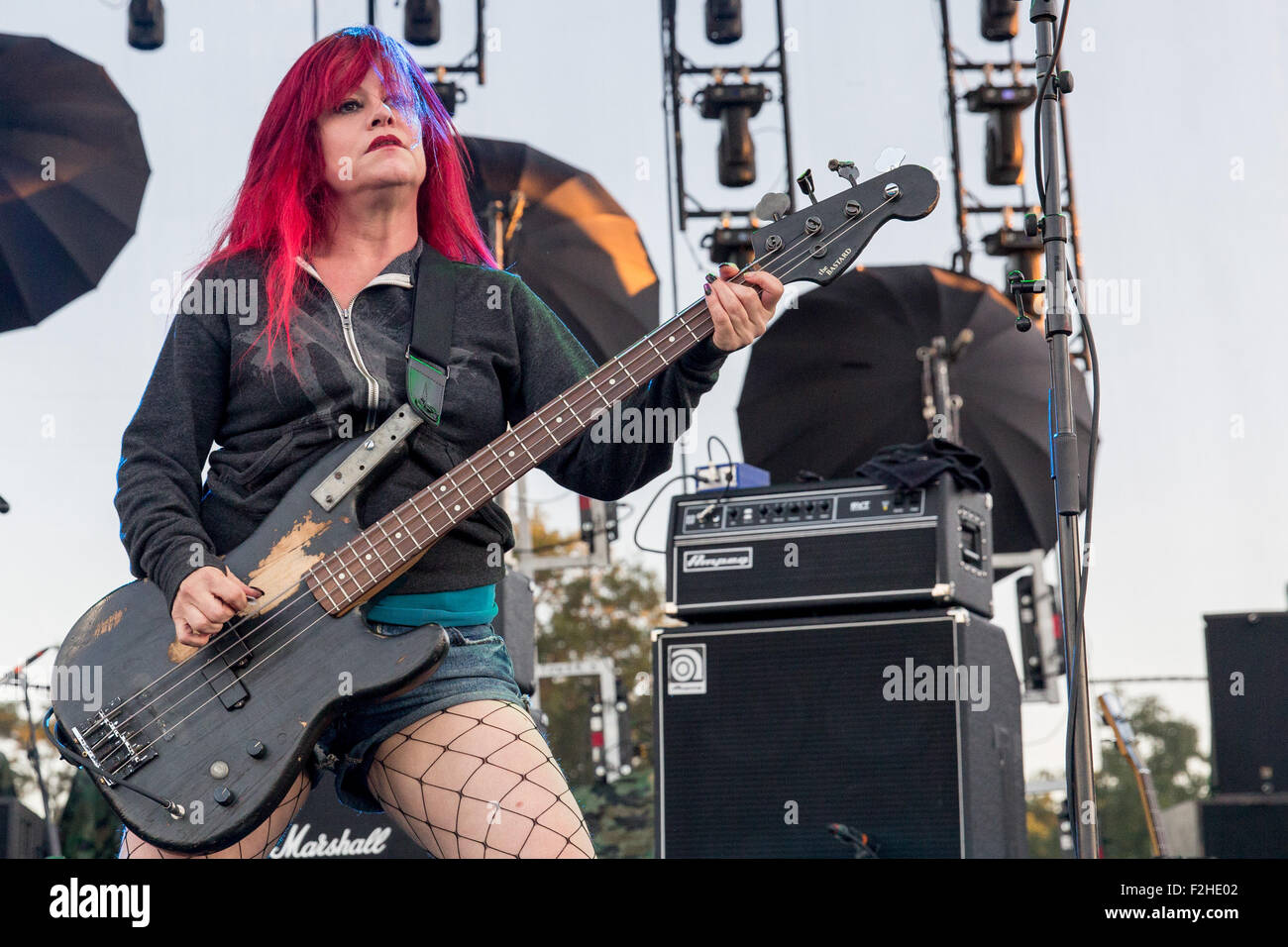

It might have referenced, for example, the way women were silenced in the hardcore, punk and grunge scenes, required to be complicit in their marketing as sexually appealing cover girls rather than artists in their own right.ĭonita Sparks and Jennifer Finch of L7.

L7 deliver their catchiest, most timeless hit Pretend We’re Dead with tongue in cheek, as Sparks perhaps lambasts the many ways women are silenced. Opener Wargasm, with its ferocious slab of serrated guitars, thrashing drums, and Sparks’ sombre delivery, still sounds prescient, as it skewers warmongering politicians and the public who cry “ crocodile tears for the refugee” and indulge in the relentless media churn of “ smutty bloody pictures, ecstasy”. Dare we compare her voice to that of Ozzy Osbourne? Sparks wields that same droll, dark quality as the Prince of Darkness, just in the genre next door.Įven 30 years after its release, Sparks’ lyrics still rage true too, mercilessly interrogating topics both personal and political. The Chicago-born singer could do everything from low-octave, deep-set melodic drawls to hoary snarls and punchy punk-style one-liners that hit like a kick to the eardrums. Vig also recognised Sparks’ vocal prowess. Using double-tracking and overdubs and casting a sharp eye on the mix, the producer was pioneering in bringing a romantic, almost spiritual intricacy to the recordings. Having helmed Nirvana’s diamond-selling Nevermind and The Smashing Pumpkins’ quiet achiever Gish in 1991, producer Butch Vig – later of Garbage – helped refine the raw edge of these self-taught DIY punks let loose in the studio. For their third, L7 signed with Slash, knowing that the label had international distribution beyond the US and Europe and could introduce the band to Asia and Australia. Their debut album came through Epitaph, run by Brett Gurewitz of Bad Religion, and Smell the Magic through Sub Pop. But it was their third effort, 1992’s Bricks Are Heavy, that would really make an impact. L7’s second album Smell the Magic arrived in 1990, produced by Jack Endino. Anyone recall that term? ‘Square’ was slang for ‘nerd’, ‘dork’, or ‘loser’ and, symbolically, that’s what ‘L7’ means too – extend your thumb and first finger into an L-shape and you’ll get the gist. As L7’s first single to hit the mainstream charts, it leveraged their third album, Bricks Are Heavy, among the squares yet to latch onto grunge. The band’s smash-hit Pretend We’re Dead arrived in 1992.

Though there was a 13-year break between 2001 and L7’s reformation in 2014, Donita Sparks, Suzi Gardner, Jennifer Finch and Demetra Plakas have – aside from a few line-up changes – very much gone the distance. L7 defied the burn-hard/burn-out existence of many bands that thrived during the early 1990s punk, grunge and hardcore scenes, some of whom didn’t make it out. READ MORE: The Genius Of… The Will To Live by Ben Harper.So, in tribute to L7 and their savage 1992 album Bricks Are Heavy, we’re going to right that wrong and convince you to put it in heavy rotation. Decades later, though, they’re still lazily lumped in with these scenes and still labelled as such. LA-founded hard-rock hellraisers L7 preceded the grunge and riot grrrl movements, and fought against being pigeonholed as an ‘all-girl band’.


 0 kommentar(er)
0 kommentar(er)
